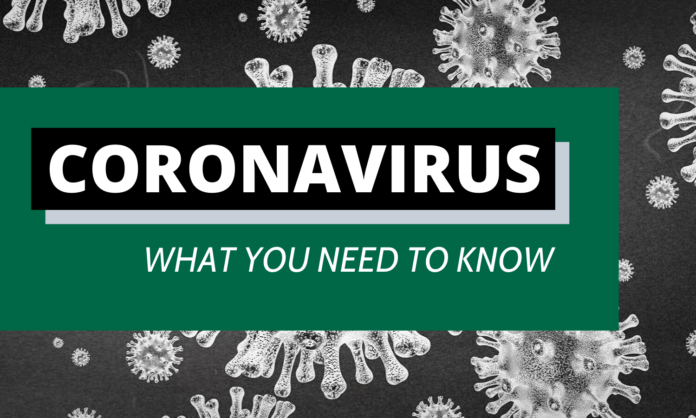The history department created a new course, “Spotlight on the Past: Pandemics,” for the new humanities inquiry block in rock studies.
Professor Lia Paradis said she designed the course to cover three case studies: the Black Death of 1347-1350, where about 50-60% of the world population died; the Flu pandemic of 1918-1919, where 50-100 million people died worldwide; and the HIV/AIDS pandemic that has killed about 32 million people and infected 75 million people.
“I created a course on pandemics because moments of real crisis, like a pandemic, are the moments when we can see human behavior very clearly,” Paradis said, “Humans ask the big questions during crises like ‘what do we owe each other?’ ‘What does community, family, faith and love mean?’ ‘What happens when we die?'”
She said before spring break, the class was discussing the Flu pandemic, and when classes resume remotely, she will alter the course to incorporate aspects of the current pandemic for comparison and insight.
She plans on creating non-mandatory Zoom sessions each week during what was the class time. She said this is an important component because one thing that a pandemic threatens is sense of community.
“Our students are spread out across the state and even the country,” Paradis said. “They feel isolated and scared. Being able to come together once a week and actually discuss their experiences within the framework of a course about their experience will be helpful.”
Paradis said there are many things students should take away from this course.
One takeaway is that people hate to feel like they aren’t in control and will do almost anything to regain a sense of control.
“Some [people] will engage in magical thinking like ‘it isn’t going to be bad,'” Paradis said, “And some will fixate on irrational things like ‘if I buy lots of toilet paper, I’m back in control again.'”
Paradis said another thing students take away from the course is how people feel better if they can blame someone.
Paradis also said it is always worthwhile to ask the big questions, so that one can be prepared to analyze their own behaviors in moments of stress.
“Rational, reasonable responses guided by expertise and science will always produce better results than emotional, panicky responses,” Paradis said. “I’ve had students email me to say how glad they are that they took my course this semester because it’s given them some perspective,” Paradis said.
Paradis said this circumstance is what makes humanities and history classes so important.
“[Humanities classes] help us to see how universal and timeless so many of our experiences are,” Paradis said, “The past helps us to make sense of our present.”








